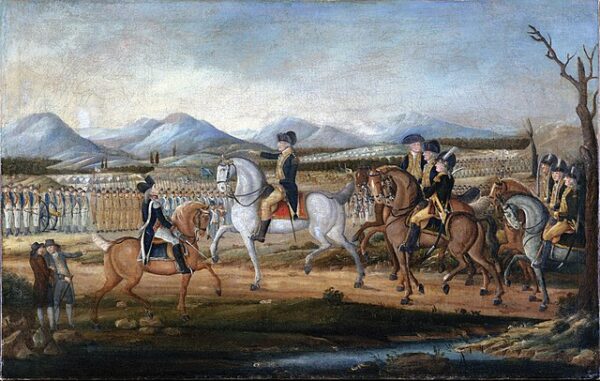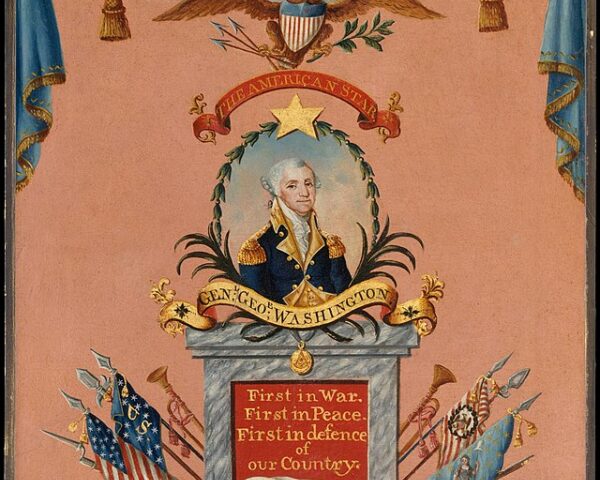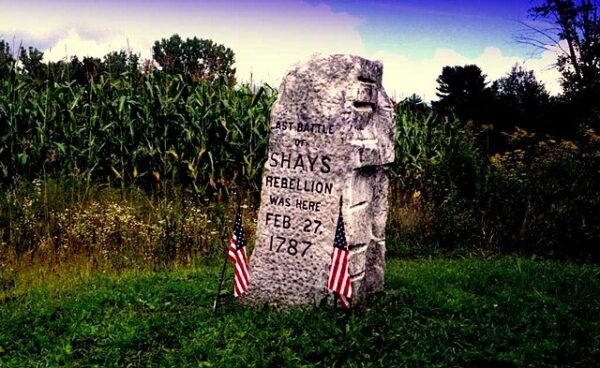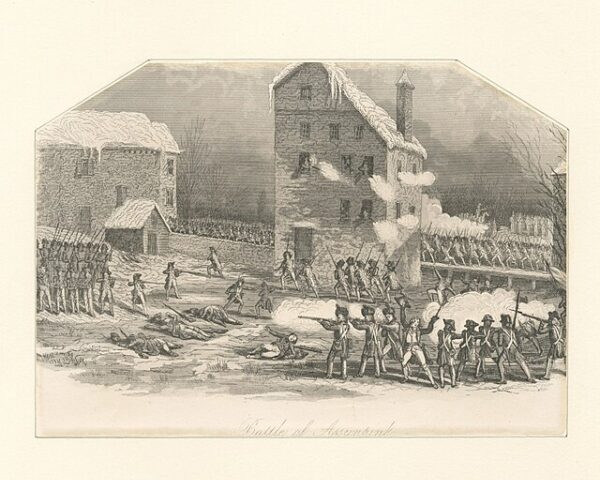George Washington’s presidency is often celebrated for its establishment of foundational policies and precedents in the fledgling United States. One significant and often discussed event during his administration was the suppression of the Whiskey Rebellion in 1794, which marked the first major test of federal authority under the newly ratified Constitution.
Background of the Whiskey Rebellion
The roots of the Whiskey Rebellion lay in the economic difficulties faced by the rural inhabitants of western Pennsylvania. In 1791, to alleviate the national debt and centralize financial power, Treasury Secretary Alexander Hamilton proposed an excise tax on domestically produced distilled spirits. This tax disproportionately affected small-scale farmers who frequently distilled their surplus grain into whiskey, which was easier to transport and more profitable than raw grain.
For the farmers in western Pennsylvania, whiskey was not only a commercial product but also a medium of exchange. The excise tax was perceived as an unjust imposition by a distant federal government that lacked proper representation of their interests. By 1794, this discontent boiled over into outright defiance. Tax collectors were harassed, tarred and feathered, and there were several violent clashes between the rebels and federal officials. The rebellion reached its zenith when an armed group of about 500 rebels attacked the home of General John Neville, a federal tax inspector, forcing Washington to respond decisively.
The Militia Acts of 1792
The Militia Acts of 1792 provided the legal framework for the President to call forth the militia to suppress insurrections and enforce federal laws. These acts were critical in empowering the federal government to act against threats to national stability. When diplomacy and local enforcement failed to quell the uprising, Washington turned to these legislative measures to restore order.
Washington’s Decision to Invoke the Militia
After exhausting all other means of peaceful resolution, including negotiations and warnings, Washington decided to utilize the authority granted by the Militia Acts. On August 7, 1794, he issued a proclamation calling for the insurgents to disperse and return to their homes, warning that he would use military force if necessary. When the rebels did not comply, Washington, demonstrating his commitment to uphold the rule of law, became the first and only sitting president to lead troops in the field.
The Federal Response
Washington gathered a formidable force of approximately 13,000 militiamen from various states, including New Jersey, Maryland, Virginia, and Pennsylvania. This show of federal might was unprecedented and underscored the seriousness with which the administration viewed the rebellion. Under the command of General Henry “Light-Horse Harry” Lee, with Washington overseeing the operation, the federalized militia marched into western Pennsylvania in October 1794.
Suppression of the Rebellion
The mere presence of such a large and organized military force had an immediate effect. The rebellion dissipated with little need for violence; most rebels fled, and the movement quickly lost momentum. The few who were arrested and tried for treason were either acquitted or later pardoned by Washington, reflecting his desire to temper justice with mercy and to foster national unity.
Legacy and Significance
The suppression of the Whiskey Rebellion had profound implications for the young nation. It was a clear demonstration of the federal government’s willingness and ability to enforce its laws and maintain order. This event set a critical precedent for federal authority and highlighted the necessity of a strong central government to ensure the survival and stability of the nation.
Washington’s decisive action and the successful implementation of the Militia Acts of 1792 reinforced the Constitution’s provision for federal intervention in times of crisis. This incident also emphasized the importance of lawful protest and the peaceful redress of grievances, shaping the American ethos towards civil disobedience and governance.






